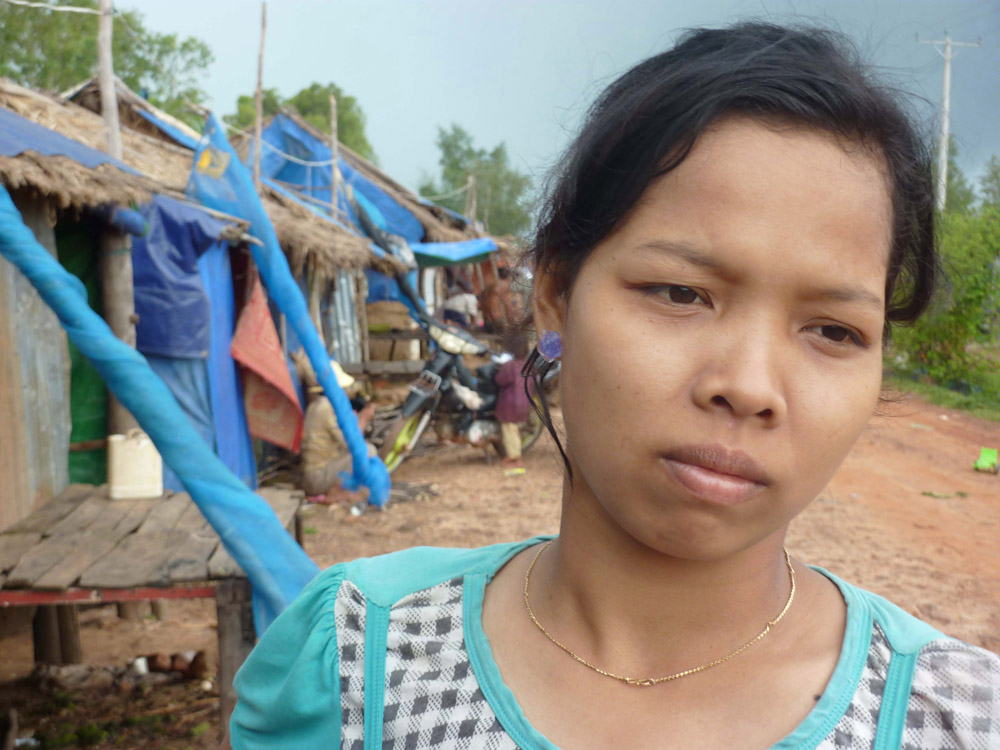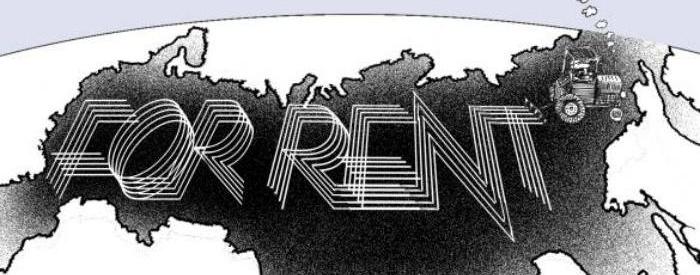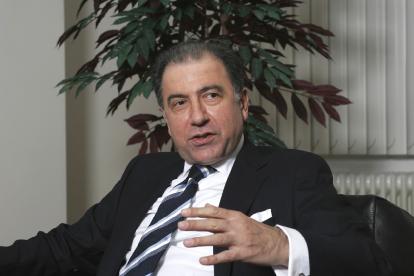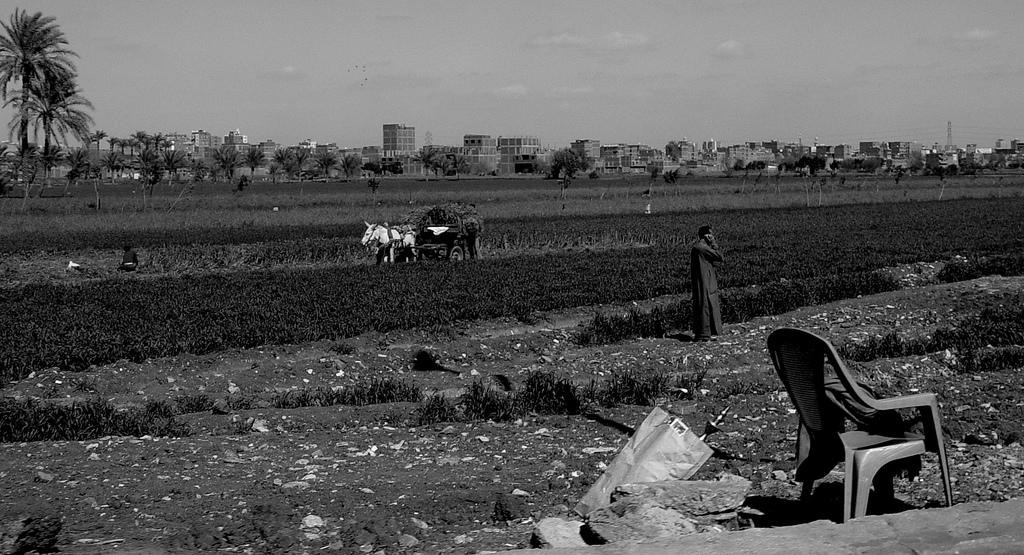World Bank report on land grabbing: Beyond the smoke and mirrors
- GRAIN
- 15 September 2010
GRAIN says the World Bank's much anticipated report on the global farmland grab is both a disappointment and a failure.

GRAIN says the World Bank's much anticipated report on the global farmland grab is both a disappointment and a failure.

There is too much at stake when governments give up land, water, and livestock to large-scale foreign investment. NGOs and funders have to listen and respond to the needs and accomplishments on the ground, and keep local food systems truly local.

O Brasil tem quase 15% das terras no mundo ainda não exploradas para a agricultura e deve ser um dos alvos de investidores internacionais nos próximos anos. A avaliação é do Banco Mundial.

“The EU is effectively subsidizing land grabbing in Cambodia by giving preferential treatment to companies that have produced goods on stolen land,” says David Pred, BABC executive director

Peut-on moraliser ce marché ? « C'est une réalité, il faut trouver des solutions juridiques », observe le juriste François Collart Dutilleul du programme Lascaux à l'université de Nantes

Pour Oxfam France, il faut surtout agir sur les questions commerciales, laissées en plan par le rapport de la Banque mondiale.

The eDiscussion will take place from 13 September to 8 October and is open to all.

Forestry Minister Zulkifli Hasan said his ministry received a proposal to make use of 500,000 hectare areas for the 1.6-million-hectare food and energy estate projects planned in Merauke, Papua.

As foreign investors in Russia are all too aware, there is a perennial conflict within the country’s political elite on how to balance the need for foreign investment and outside technology with an impulse to maximize state control over sectors that carry outsized economic or social significance.

"I have asked the USDA if Chinese investors could buy farmland in the US and I got positive answers. In this way, Chinese grain price could escape the control of international grain enterprises," says Zheng Fengtian.

Foreign investors are increasingly focusing on opportunities in Turkish agriculture, according to Mehmet Erdo?an, chairman of Sezon Pirinç, a rice company

The World Bank appears deeply torn. While the report endorses the Bank's open-door globalisation agenda, the sub-text dissents on every page.

En eux-mêmes, ces investissements ne sont pas forcément mauvais, note la Banque mondiale. Mais dans les faits, ils s’effectuent dans des conditions «très souvent» désastreuses pour les populations locales.

Egypt will soon offer to lease, for 49 years, 50,000 feddans [21,000 ha] for agri-business projects in North Sinai, the irrigation minister said -- but only to domestic investors.

"I know you will think why should President Obama meddle in the affairs of other countries," writes Devlinder Sharma. "I agree, but at least he can stop the American agribiz and finance companies from indulging in offshore farmland grab."

|
Obsolètes, les réformes agraires ?
|